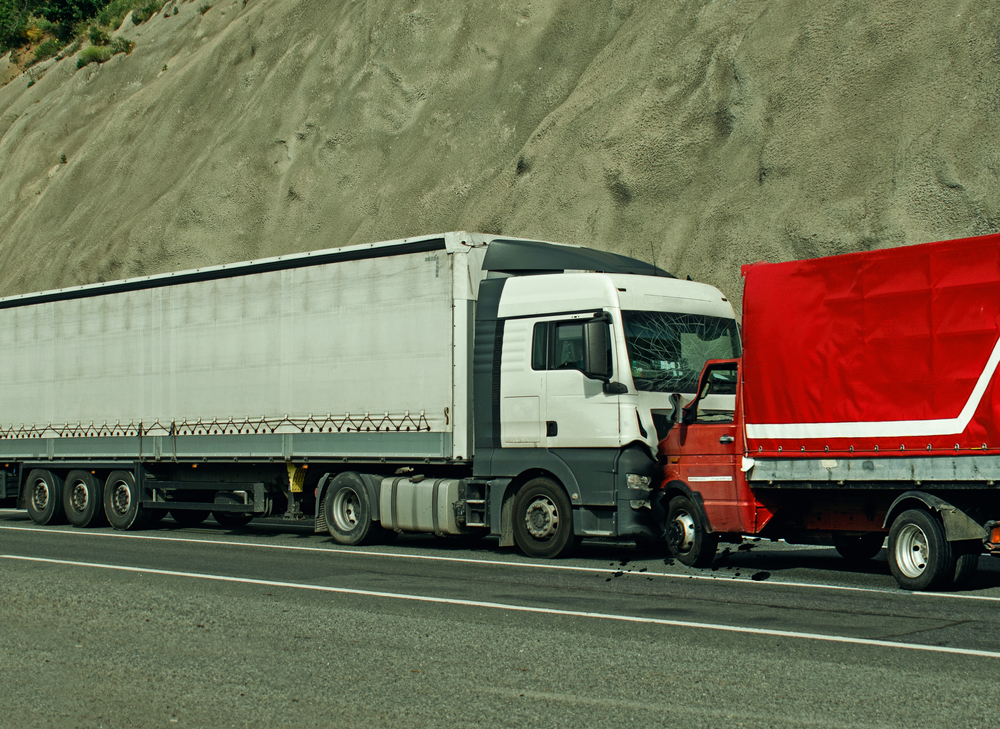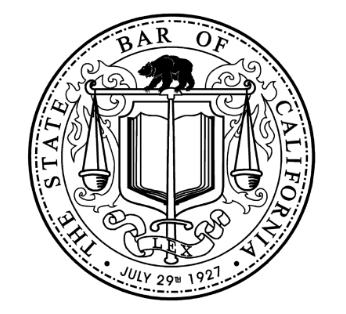Do You Need a Special License to Drive a Truck?
Every commercial truck driver needs a commercial driver’s license (CDL) to drive their trucks if they operate across state lines. Formerly, any driver with a valid driving license drove a commercial vehicle. However, things changed in 1986 following the enacting of the Commercial Motor Vehicle Safety Act.
This legislation requires every commercial vehicle driver who operates interstate to get a CDL. The law has improved road safety by giving these drivers sufficient qualifications and training. Keep reading to learn why a CDL is critical.
Which Vehicles Require a CDL?
Every driver operating a commercial vehicle such as a tractor-trailer, semi-truck, dump truck, and passenger bus needs a CDL. Drivers obtain CDLs by sitting for and passing a special knowledge exam and driving skills test. Obtaining a CDL permits a driver to operate a truck. However, a driver’s CDL class determines the type and size of the truck one drives. Below are different commercial vehicle classes and their sizes.
Commercial Class A
A driver under this category can drive any vehicle with a gross combination weight rating (GCWR) of 26,001 pounds or above as long as the towed vehicle’s GVWR exceeds 10,001 pounds.
Commercial Class B
This class allows drivers to operate vehicles with a GVWR exceeding 26,000 pounds, those towing a GVWR below 10,000 pounds, or 3-axle vehicles weighing more than 6,000 pounds.
Commercial Class C
A driver in this category can drive all Class C vehicles with one or all of these endorsements:
- Hazardous materials
- Passenger vehicle
Speak to a Beverly Hills Truck Accident Lawyer Today
Have you been involved in an accident with a truck and want to recover damages? Don’t hesitate to talk to a Beverly Hills truck accident attorney for legal help. Call our office today to book a free consultation.












